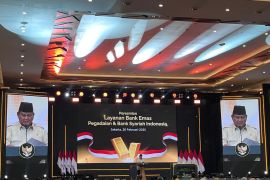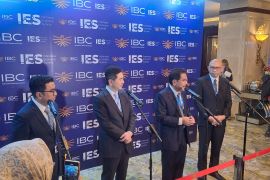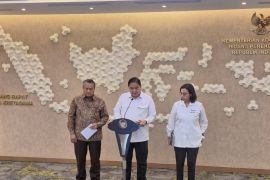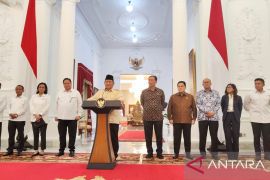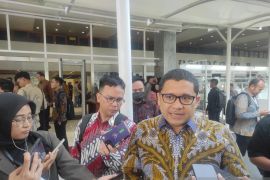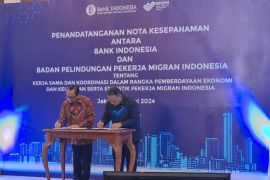Aviliani from the economic think tank, the Institute of Development of Economy and Finance (INDEF), said the system has been used by other countries.
"At least there is regulation on the length of time. Thailand has a regulation requiring (export earning) to stay for six months at home before it is allowed to go out," she said after attending a seminar here on Tuesday.
She said it is necessary to review the Law No. 24 of 1999 on foreign exchange traffic and exchange rate system that said every Indonesian is free to have and use foreign exchange.
Aviliani said the government should not rely only on moral persuasion to make exporters convert their export earning into rupiah.
She urged the government to be serious in asking the business players for their contribution to rupiah stability by offering them privilege in the form of guarantee that their money would be available any time they need such as for import.
"The business players are worried that their money (in foreign exchange) is not available when they need it for import. A guarantee, therefore, is needed. It could be arranged with Bank Indonesia," she said.
Based on data at Bank Indonesia, more than 90 percent of Indonesian exporters have put their export earning in domestic banks, but only around 15 percent of the funds are converted into rupiah.
In the first quarter of 2018, there were US$32.63 billion in export earning put in domestic banks or 92.9 percent of the total export earning of US$35.12 billion.
The provisional figures showed that around 12.9 percent of the export earning in the first quarter of 2018 were converted into rupiah.
Aviliani said export performance also has to be improved to increase export earning to counterbalance rising imports.
Reporting by Calvin Basuki
Editing by A Saragih, Otniel
Reporter: Antara
Editor: Fardah Assegaf
Copyright © ANTARA 2018


